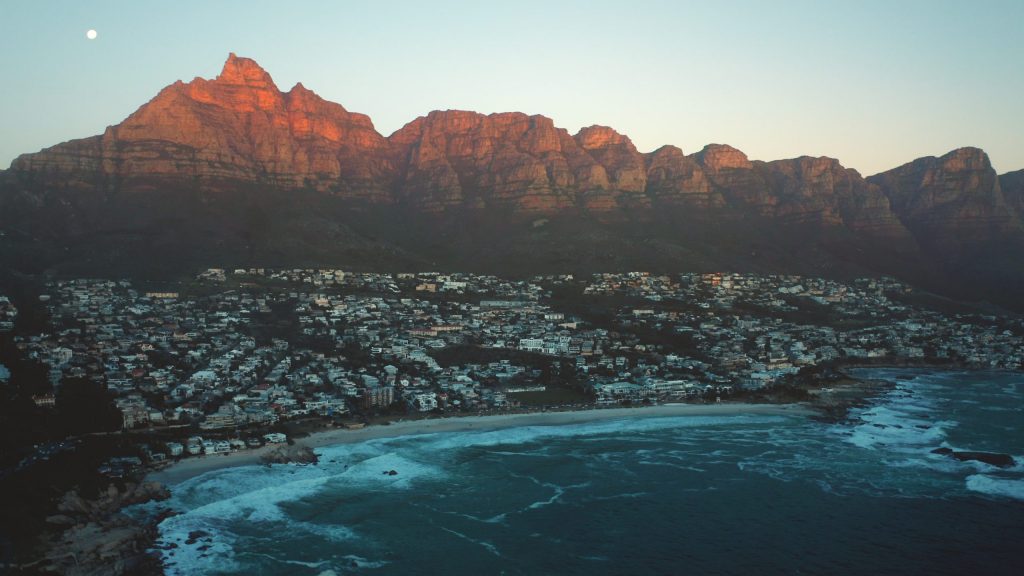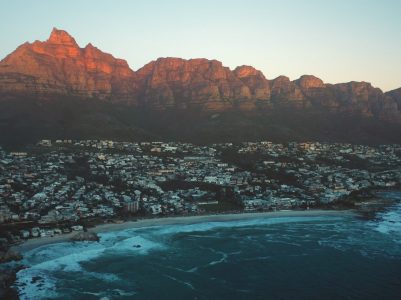By Lexi Carley

The Africa Regional Meeting was hosted virtually by KAICIID on August 24th. Members of the G20 Interfaith Forum and other religious leaders from Africa met to discuss four important topics for the people of the continent: responding to hunger, repercussions of COVID-19, the economic crisis, and protecting the environment. Smaller working groups will discuss each of these topics in more depth to prepare a list of suggested political actions to bring to the G20 Summit meeting in October.
His Excellency Mohammed Abu-Nimer welcomed participants to the meeting on behalf of KAICIID, then His Excellency Faisal Bin Muaammar opened the discussion by reminding participants of the influence that meeting and their suggestions over the following days would have on the world:
We believe it is important for government organizations to strategically involve religious leaders in solving issues like the COVID-19 pandemic.
Jalel Chelba, Head of the Civil Society Division at the African Union, began the discussion portion of the meeting with the topic of the COVID-19 pandemic. Nicta Lubaale continued the discussion, shifting towards the topics of hunger and poverty. He began by saying, “The world and all that is in it belongs to God. We all come from that point of view,” which unified the participants in the meeting. Lubaale asked the group to consider who is the food producer in Africa. “It is a small-town farmer. So, invest in that area. Give small farmers a voice. They are swamped by the bigger voices.” Lubaale said he knows the plague of hunger can end. In his closing statement he remarked, “with the power of Africa’s faith communities and global help, poverty and hunger are weak before us.”
Iyad Abumoghli, Martin Pascale Tine, and Cardinal John Onaiyekan addressed the issue of deforestation and damage to the environment. Pascale announced two programs that have been working to protect the sustainability of the rich resources in Africa. The 3S initiative is working to protect sustainability, stability, and security. The Great Green Wall initiative is working to plant 8,000 km of trees to counteract the effects of deforestation and help improve their air quality.
Abumoghli raised an important point in his closing remarks when he said, “All we talked about today is connected. Let us use an integrated approach. When you talk about the environment you are talking about social issues. When you talk about health, you are talking about poverty and hunger issues as well.” He urged policymakers to take a unified approach to all of these problems in order to create a solution that will actually create change. “This is a crisis of values.” Religions and environmentalist have the same values and ethics and morals, and thus should work together.
Cardinal John Onaiyekan mentioned Pope Francis and repeated his words:
[We have a] very specific concern for the Amazon forests, fauna and peoples, with their indigenous cultures. The emphasis on the peoples and their cultures is of great importance. The forests have been maintained over the centuries by the indigenous peoples with their cultural values. The forests die when the people are driven into extinction by modern invasion. This is of utmost importance also for us in Africa in the face of the great danger to the survival of our forests.
This is another example of how the topics discussed are all interconnected. When people are a priority, all people, the environment, health and other social issues also become a priority.
The session concluded with each working group beginning to collect their recommendations. They will meet again before the closing meeting on September 14, 2020.
Lexi Carley is a Communications Assistant for the G20 Interfaith Forum Association.


